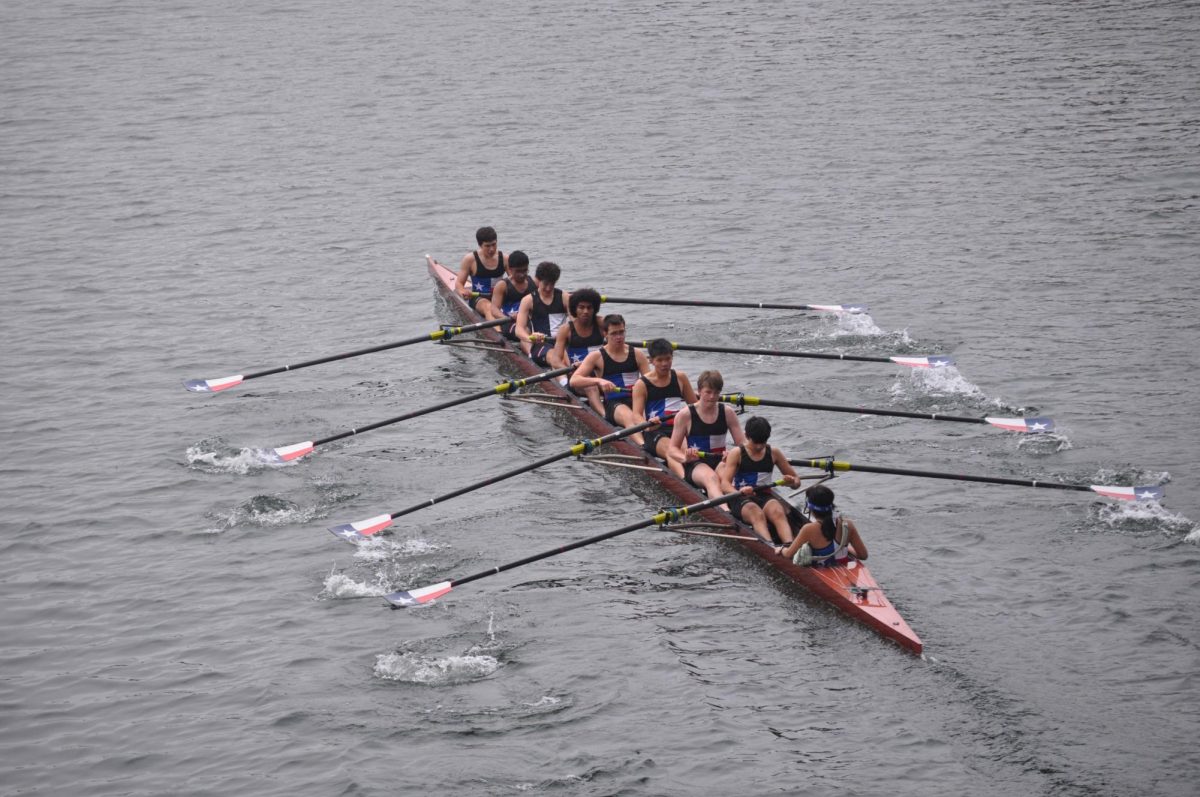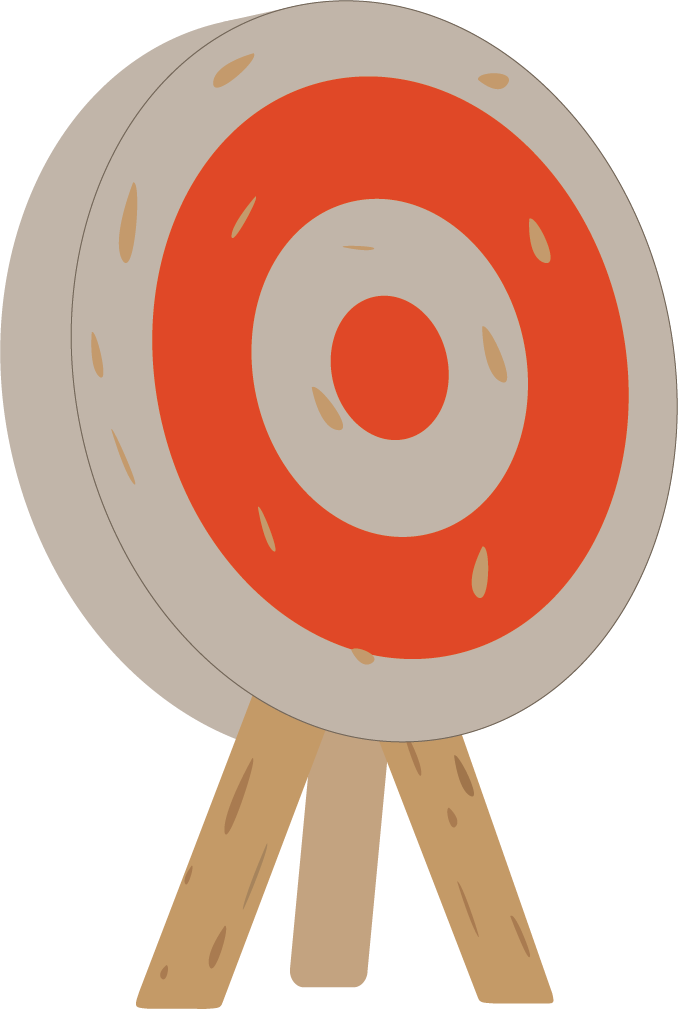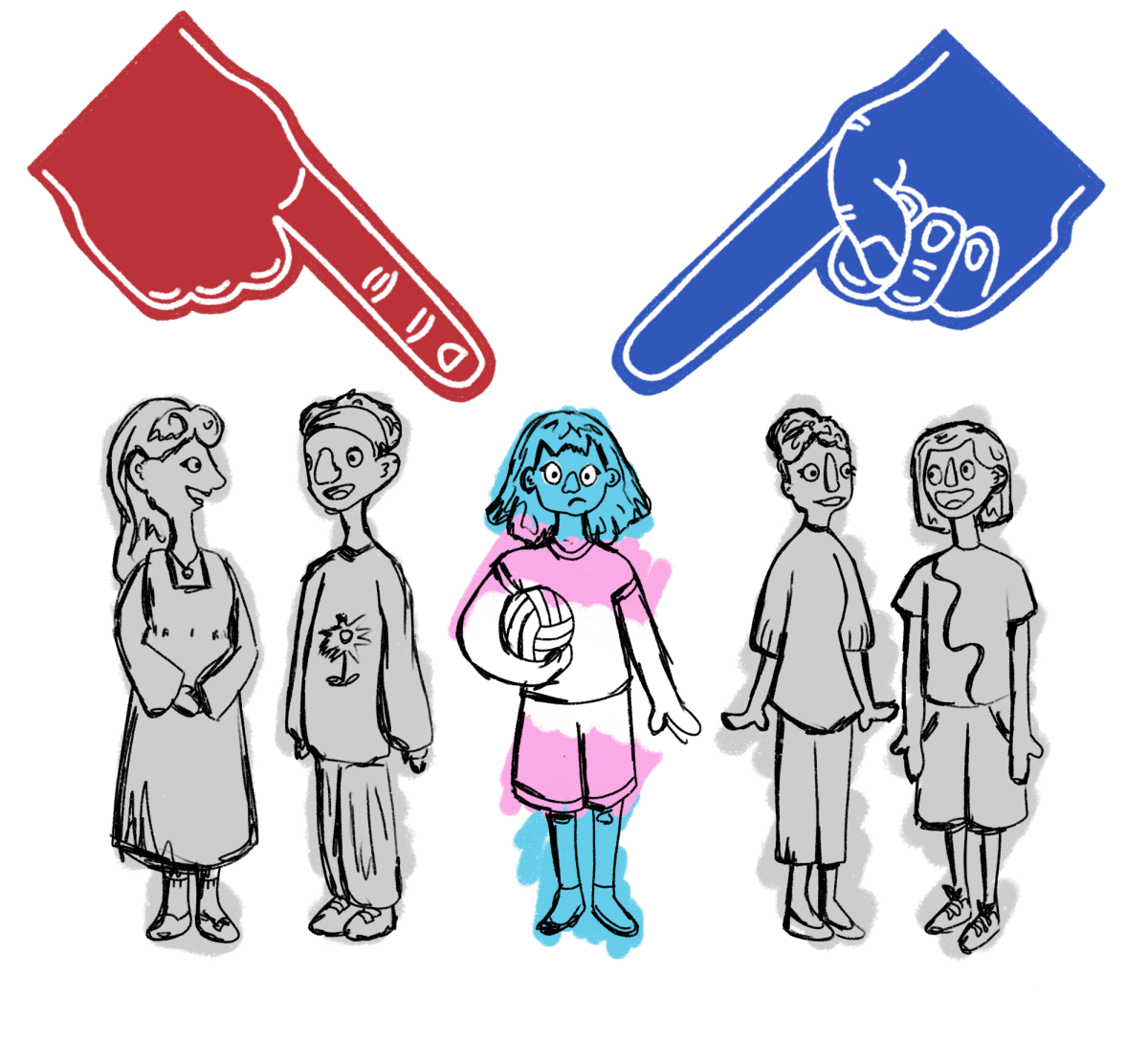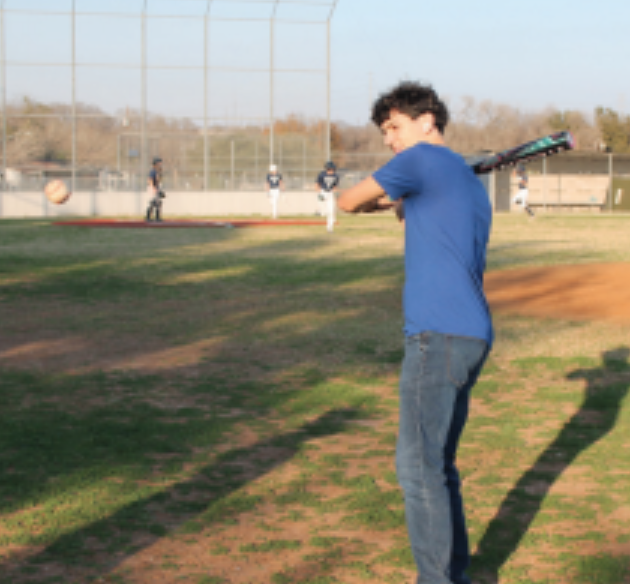“Row, row, row your boat gently down the stream” evokes memories of childhood’s peaceful ease. However, many LASA rowers would say that rowing is much easier said than done. Unlike the serene and tranquil sound of the lullaby, the nature of rowing entails early mornings of hours in the draining and skin-scorching sun.
LASA sophomore and Varsity Girls rower Natasa Kinzy considers rowing, while a sport similar to the peaceful activities of paddleboarding, kayaking, or canoeing, far more grueling and intense on the whole body. She elaborated on the frustration she feels from the misconceptions that often arise surrounding this sport.
“A lot of people ask if rowing is canoeing or kayaking or paddle boarding which annoys me to no end,” Kinzy said. “Whenever someone asks what it is, I say that it’s a competitive sport that involves mostly your legs.”
According to the Cleveland Clinic, most of the power applied to the oar comes from one of the strongest parts of the body, the legs. When rowing a stroke, feet are strapped into the footplates in the boat, and the tension of the pushing motion on the footplate is applied to the oar. LASA senior William Coury, a Varsity Boys rower, further explained the differences between rowing and other water sports. He noted some structural and physical aspects that set it apart from other water sports, such as paddleboarding and kayaking.
“The boats are easier to tip,” Coury said. “The motions make no sense, but it’s way more fun.”
Shells, the kind of boats used for rowing, are very narrow to allow the boat to slice through the water. This makes them susceptible to capsizing, something Coury experienced at a race in Waco.
“It was me and Eric and another of our coaches,” Coury said. “I just flipped off the dock in front of them. I was pretty embarrassed. Then I was like, ‘wait a minute. That’s the worst thing I could think of to happen in a race is you flip off the dock. No matter what happens, it’s got to be better than this.’ I went out and I had a great time.”
Despite the high degree of competition in rowing, Kinzy highlighted how focusing on composure and camaraderie are key within any boat, allowing for the team’s boat to go from winning to losing during a race. She explained rowers need to try to outdo rival teams while remaining friendly with their own boat.
“During the race we started a little ahead, then fell a bit behind, and then for almost the rest of the 2K we were even with the other boats,” Kinzy said. “But during the sprint in the last 300ish meters, we were going back and forth with other boats for the entirety of the sprint and pulled ahead for 3rd place.”
Kinzy explained that having an uplifting community around her is an important part of her experience. She noted that having teammates who support and encourage one another to improve is what allows them to be successful.
“It’s a really cool experience to be around such committed and athletic people every day and get better at rowing with them,” Kinzy said. “Everyone there is super welcoming and friendly and they’re wonderful people to be around. I have made some really amazing friends there and I feel like everyone is supportive of each other so it’s a really positive experience all around.”
Although the nature of rowing can be physically and mentally demanding, Kinzy believes rowers value passion and dedication within a team to help not only each individual but the team as a whole. LASA sophomore Molly Stromberger emphasizes the commitment and positive characteristics showcased in her team.
“I would describe [rowing] as a positive community and very open,” Stromberger said. “Everyone’s super disciplined and shows up for each other, and it’s very great.”
Coury emphasized how vital a boat’s focus and commitment solely to rowing is. According to him, the boat is at its fastest when everyone is giving one hundred percent dedication.
“You need to be able to focus just on your boat,” Coury said. “When you’re rowing, you go faster if you focus on your boat rather than the rest of the group, how everybody else is doing, whether you’re winning or you’re losing.”
Emphasizing focus, Kinzy explained the benefits that rowing has provided her. She highlighted her improvement in her mental state and social skills.
“Rowing has made it easier for me to overcome mental blocks in any field and also has increased my ability to work for long periods without slowing down or getting tired,” Kinzy said. “My team has improved my social skills and openness and made me a better person simply personality-wise.”






